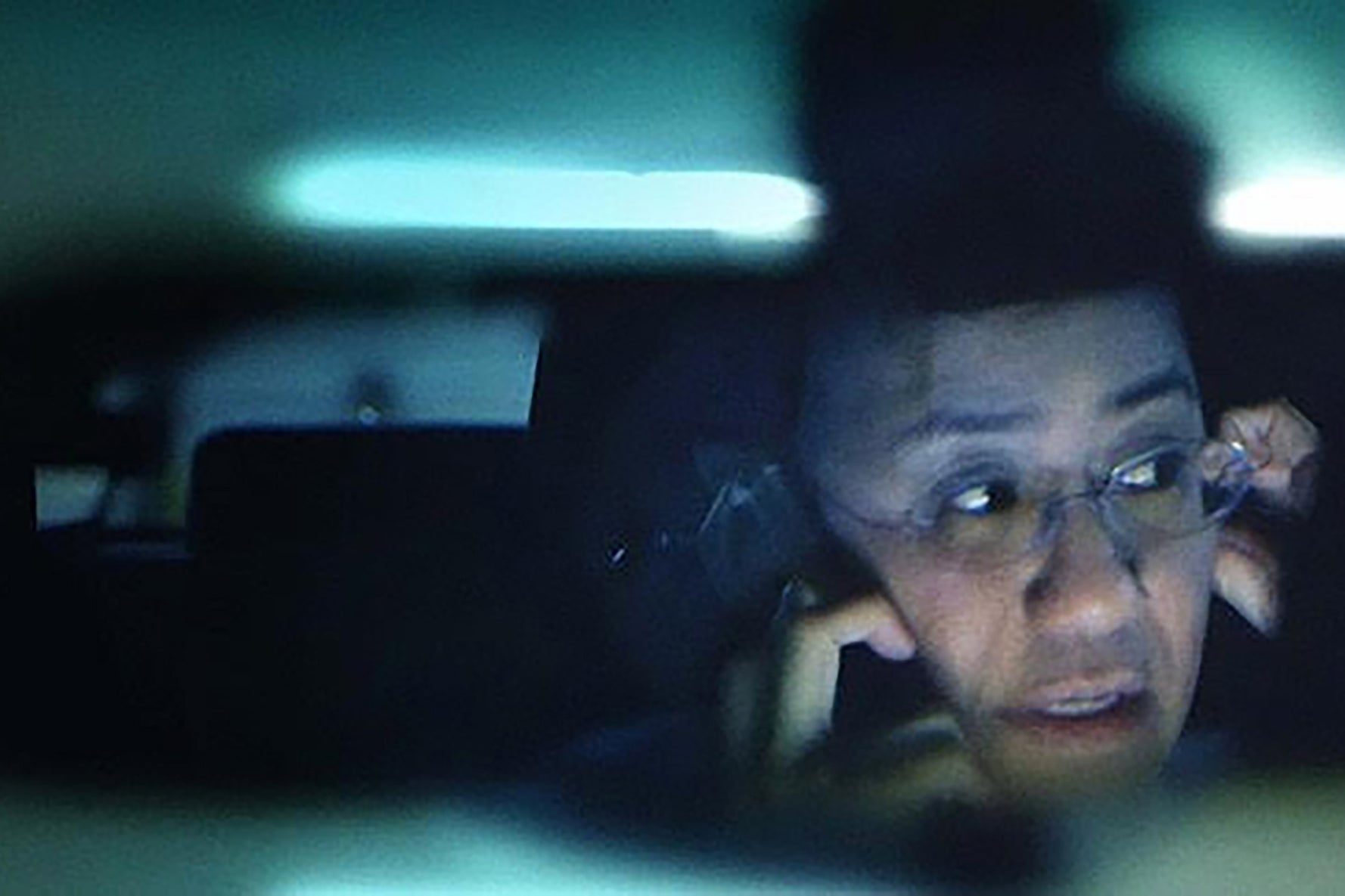Documentary screening features Nobel Prize-winning journalist Maria Ressa

For more than 30 years, Maria Ressa worked as an investigative reporter covering Southeast Asian countries as they transitioned out of authoritarian rule.
Starting around 2016, that experience positioned her well to question the authority of then Philippine president Rodrigo Duterte as his iron-fisted war on drugs showed troubling signs of extrajudicial killings, with the government serving as judge and executioner. As Ressa and her team at the Rappler news portal published their findings, the pushback was severe.
The details of her harassment and arrest — including the government’s manipulation of public discourse against her and her colleagues — is the subject of a documentary released in 2020, a year before Ressa was awarded the Nobel Peace Prize.
UC Santa Barbara’s Carsey-Wolf Center will screen “A Thousand Cuts” from 7–9:45 p.m., Thursday, April 20, in the Pollock Theater, followed by a discussion between the film’s director, Ramona S. Diaz, and Miguel Penabella, a Ph.D. candidate in the Department of Film and Media Studies. The event is free and open to the public — reserve tickets are recommended — and is presented in association with Ressa’s UCSB Arts & Lectures appearance on campus in May to discuss her new book, “How to Stand Up to a Dictator.”
“This documentary shines light on the ongoing persecution of journalists in the Philippines and the threat of fake news and misinformation across the globe,” said Penabella, who was born in Manila and is currently writing a dissertation on the spread of conspiratorial thinking in the Philippines. “The film touches on how social media incentivizes the spread of extremist thinking (and) the way online platforms encourage far-right activists to spread controversial, extremist positions to boost engagement. It serves as a reflection not just of the Philippines but of this wave of far-right politics across the world, including the United States, this past decade.”
Ressa was born in Manila and moved with her family to the U.S. when she was nine. She studied at Princeton University before returning to the Philippines on a Fulbright Fellowship to earn an advanced degree from the University of the Philippines Diliman, where she also taught journalism. She ran CNN’s Manila bureau for nearly a decade, and in 1995 she opened the network’s Jakarta bureau, where she worked for 10 years. In 2012, she launched Rappler, one of the first multimedia news sites in the Philippines.
In 2021 Ressa, who is openly lesbian, was the recipient of the Nobel Peace Prize, sharing the award with Russian journalist Dmitry Muratov “for their efforts to safeguard freedom of expression, which is a precondition for democracy and lasting peace.”
Keith Hamm
Social Sciences, Humanities & Fine Arts Writer
keithhamm@ucsb.edu



